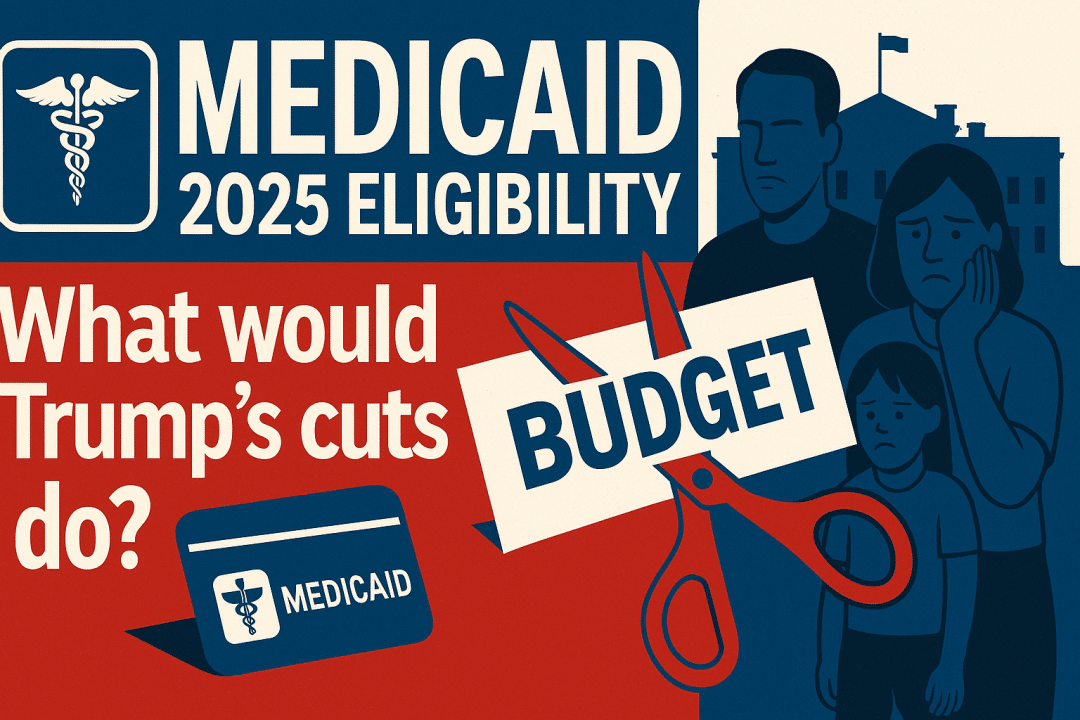
Two of New York’s top Democrats are sounding the alarm over separate Republican-led initiatives they say would threaten national security and harm vulnerable Americans.
On the Senate floor Thursday, Minority Leader Chuck Schumer (D-NY) denounced a reported AI chip deal between the Trump administration, Saudi Arabia, and the UAE, calling it a “security risk” that could aid China’s technological advancement.
Separately, Senator Kirsten Gillibrand (D-NY) condemned a GOP proposal to cut Medicaid by billions, warning it would strip health coverage from millions and jeopardize rural hospitals and nursing homes.
Schumer: Chip deal risks American AI security
Schumer blasted former President Donald Trump for pursuing a deal that would export advanced U.S. chip technology to Middle Eastern nations, including Saudi Arabia and the United Arab Emirates, under the promise of increased foreign investment.
“This deal screams security risk,” Schumer said. “We have no clarity on how the Saudis and Emiratis will prevent the Chinese Communist Party from accessing these chips.”
The Democrat argued that such a deal could indirectly provide American AI technology to China via third-party countries, undermining domestic AI leadership and compromising national security.
Schumer called on the administration to halt the agreement unless it can guarantee zero risk of technology leakage.
“AI should be made in America by American workers, not shipped overseas to the highest bidder,” he said.
Gillibrand: Medicaid proposal threatens millions
Meanwhile, Sen. Gillibrand held a press conference to denounce a Republican-backed reconciliation bill that would cut $23 billion from Medicaid, affecting nearly 8.6 million Americans, including 1.5 million New Yorkers.
“This proposal would be catastrophic for the millions of Americans who rely on Medicaid,” Gillibrand said. “Republicans are making health care harder to access and more expensive.”
Among the key provisions in the bill:
- 400,000 children at risk of losing Medicaid or CHIP coverage
- Increased costs for 1 million low-income seniors relying on Medicaid for Medicare premiums
- Rollback of nursing home staffing rules, reducing safety for elderly residents
- New eligibility barriers requiring re-enrollment every six months
- Potential closures of rural hospitals due to limits on provider payments
Gillibrand said she will work to block the legislation, calling it “unacceptable” and “dangerous to public health.”
